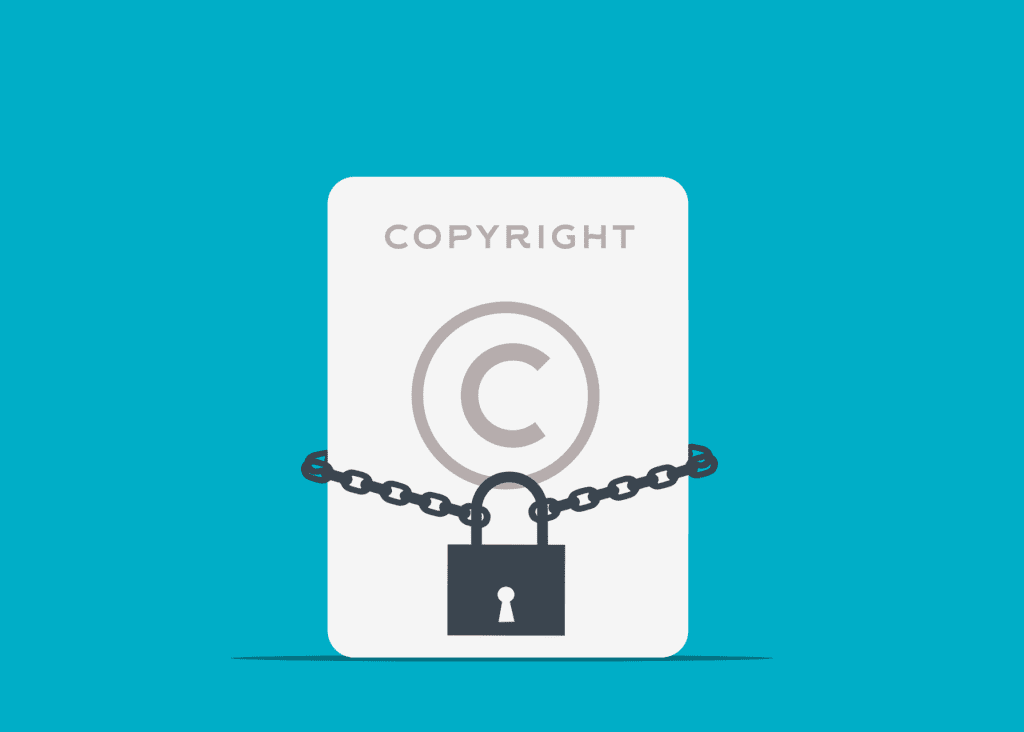As you develop your startup, you’ll have numerous tasks and topics top of mind, from customer service and product or service development to market research, sales, market, and finance.
However, make sure you take some time to wrap your head around the concept of intellectual property (IP), too. Protecting your business interests in numerous ways is vital, and IP can help with this.
Here are some IP tips all startup entrepreneurs should consider.
Consider Timeliness
You need to know that timeliness is a crucial factor in sorting out intellectual property protections. While it may be tempting to keep pushing your strategizing on this matter to the bottom of your to-do list, especially if it all feels too unfamiliar and overwhelming, doing so can have consequences you won’t like.
When setting up your startup, it’s worth investing time, energy, and money into arranging for appropriate IP cover before it’s too late. It can take considerable time to receive confirmation of a patent, trademark, or copyright approval.
Plus, just lodging these applications and others can take a lot of time. The sooner you start the process, the sooner you can get somewhere with it and cover the valuable assets of your business. Keep detailed notes of all the creation dates or adaption of your work as you go.
Whether you come up with designs, songs, inventions, names, logos, or other intellectual pieces, recording dates can help you to asset your IP rights and prove when you came up with your work if you ever have to defend yourself against an infringement accusation.
You may need to prove that you or your team members developed something before another person or company, and need records to help you do so.

Learn The IP Language
Next, you’ll want to learn as much of the specific intellectual property language as possible. IP covers a broad range of legal ownership rights, including everything from copyright and trademarks to patents, trade secrets, and industrial design rights.
Each of these areas deals with some specific language that it’s helpful to know and understand so you can best protect yourself and your business. Learn about them all in at least a general way so you can determine the best ways to protect your creations.
For example, copyright is the name given to the protection afforded to copyright holders of “original works of authorship.” This covers published and unpublished intellectual pieces like plays, songs, poems, and more.
On the other hand, a trademark is a name for symbols, words, names, shapes, pictures, logos, smells, and even letters and other devices that firms use to distinguish themselves in the market, whether on a branding or a specific product or service level. It can now also cover domain names and social media usernames.
Patents don’t grant individuals or organizations the right to make, use, sell, or import products but instead provide protection that stops others from doing so. You may also have some trade secrets that your business needs to protect.
These can be manufacturing, industrial, or commercial secrets you want to keep confidential to retain your firm’s competitive edge. Trade secrets include sales and manufacturing processes, product or service distribution methods, customer or supplier lists, advertising and other marketing techniques, and even consumer profiles.
Some organizations also need to look into IP protection for industrial design rights. Do you have designs related to industrial or commercial use that feature new and distinctive design factors? For instance, these might be related to shapes, patterns, ornamentation, etc. If so, consider IP to protect the one-of-a-kind appearance of your creations.

Hire A Specialist To Assist You
Another top IP tip for startup owners is don’t try to do everything alone. Many experts can help you to navigate this part of entrepreneurship.
Whether you need to simply learn about how to trademark a name or which things can be copyrighted, or want an attorney to advise you and fill out and submit all the relevant paperwork, specialist people and firms are available for consultation.
Talk to other business leaders about their recommendations for top IP lawyers or search online for highly-rated options. You might also like to approach local business organizations or chambers of commerce for tips and suggestions.
However, take advice only from those who are specialists in their field and have a successful track record in the particular IP area and type of market you need help with.
As with all business tasks, do your research and make strategic decisions regarding intellectual property. It may be annoying to focus on this side of things right now when you have other topics front of mind, but your commitment now can help you avoid many negative consequences in the future.






























